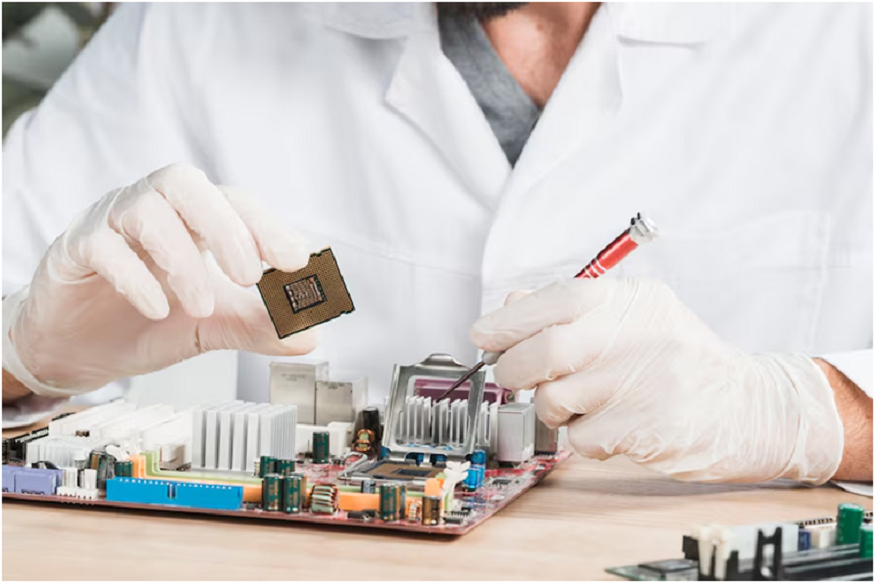The world of electronics is always changing. Devices are getting smaller, lighter, and smarter. At the heart of many of these advancements are flexible circuit board manufacturers. These companies create the vital wiring systems that keep modern gadgets running smoothly. From smartphones to satellites, their impact stretches across countless industries. And yet, many people have no idea just how important they really are.
Flexible Circuit Board Manufacturers and What They Do
Flexible circuit board manufacturers design and produce circuits that bend, twist, and fold. Unlike traditional rigid boards, flexible printed circuits (FPCs) are built on flexible substrates like polyimide or polyester films. That makes them ideal for compact spaces where traditional boards would never fit.
The flexible circuit board manufacturers don’t just create generic products. They often custom-design circuits to meet specific performance needs. Think of them as the invisible engineers behind the screen of your smartwatch, or the sleek body of a foldable phone. Their work involves precision, durability, and innovation.
Shaping the Future of Wearable Technology
Wearable tech is booming, and flexible circuit board manufacturers are leading the charge. Smartwatches, fitness trackers, even smart clothing—all rely on circuits that can move with the body. That’s where FPCs excel. They’re lightweight, flexible, and perfect for keeping devices slim and unobtrusive.
Manufacturers work closely with tech brands to push the boundaries of design. They help create circuits that can withstand sweat, motion, and constant bending. Without their expertise, many wearable products wouldn’t even be possible. As wearables evolve, these manufacturers are constantly adapting and inventing new solutions.
Driving Innovation in Medical Devices
Medical electronics demand both precision and reliability. Flexible circuit board manufacturers play a major role here, too. Think of tiny diagnostic tools, implantable devices, and smart patches that monitor vitals. All of them need circuitry that’s small, flexible, and incredibly dependable.
FPCs help reduce device size while improving performance. They allow for creative designs in minimally invasive tools and allow real-time data transfer in remote patient monitoring systems. In critical applications, a small improvement in circuit design can literally be life-changing. That’s the level of impact flexible circuit board manufacturers have in healthcare.
Supporting Aerospace and Automotive Electronics
Extreme environments demand strong technology. In aerospace and automotive systems, flexible circuit boards offer durability under pressure. Whether it’s a car dashboard or a satellite control panel, the circuitry has to handle vibrations, temperature changes, and space constraints.
Manufacturers use advanced materials and techniques to meet these demands. FPCs reduce weight in aerospace systems—every gram matters in the sky. In cars, they enable sleeker designs and smart dashboards. More and more vehicles are using flexible circuits to support features like advanced driver-assistance systems and infotainment controls.
Conclusion
Flexible circuit board manufacturers may not get the spotlight, but they’re essential to the electronics we use every day. Their creations power our phones, monitor our health, guide our cars, and support exploration beyond Earth. Their work combines engineering, creativity, and deep technical knowledge.

